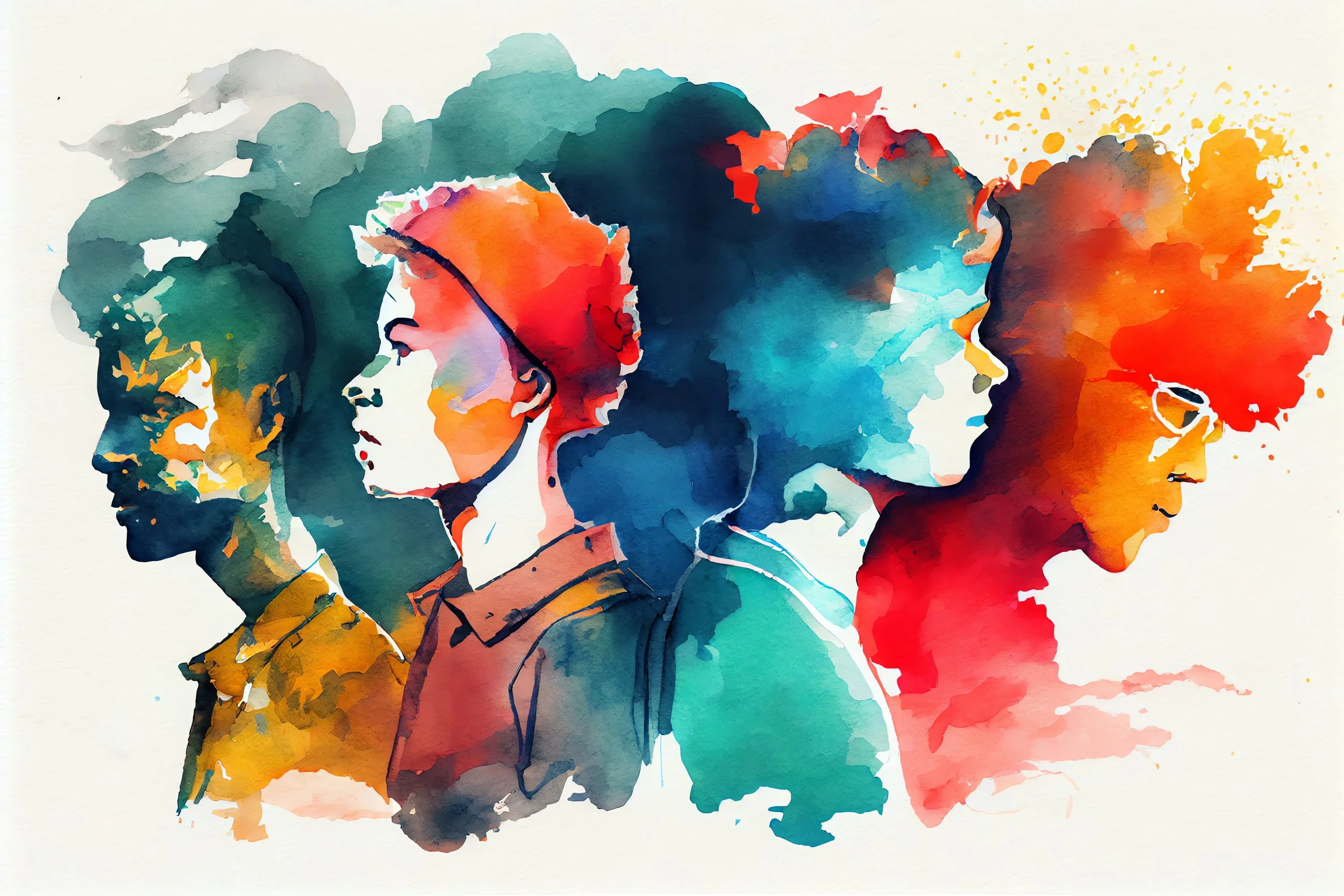Why Recovery Needs to be Tangible
Written by Feelings Found
“I’m just in my head.” “My brain is being really loud right now.” “The ED thoughts are strong today.”
As I sit and reflect on the eating disorder journey, so much of it happens in intangible space. It is thoughts, beliefs, things that exist only in our private internal experience - unless we speak them into the world. It’s one of the dangers of an eating disorder; on the outside it may look like everything is fine, I am fine; but behind the tangible reality is suffering at a level many don’t understand unless your brain has been through it too.
Even when the eating disorder struggle rears its ugly head and surfaces above ground for others to see, the remaining intangible pieces can be used against those healing.
“It’s all in your head.” “Just stop thinking about it.” “Why can’t you just be happy?”
When you can physically see the massive rock blocking the road it’s a lot harder to tell someone to ‘just move it’.
An eating disorder is not something you can hold in your hands; it’s not an object you can give someone else to study, or to fix for that matter. An eating disorder is a culmination of intangible struggles that sometimes manifests in a tangible way.
And yet, we are tangibly motivated beings. Objects can hold immense meaning, the sensation of a hug can be healing, and trophies can give a realness to our triumphs.
Have you ever wondered why you feel pulled to grab a kitchen souvenir from a trip? It becomes a tangible reminder of all the intangible experiences you had on that travel.
Yet we often keep recovery in the intangible. We give and get tools that are passed along verbally, not physically. Even the way we engage in treatment has become intangible with the move towards virtual programs, virtual sessions, virtual support. Now, virtual is beautiful because it increases accessibility, AND it is no substitute for the tangible.
As the world continues to move farther away from tangible, the need for tangible healing becomes greater.
Feelings Found creates tangible tools to support mental health recovery. This company is taking the therapeutic concepts you know and love and creating tangible objects to help you solidify the application.
When The Recovery Box (now Feelings Found) began four years ago, we had no idea how crucial these tools would become. The ideas for tangible tools arose from our own healing journeys and seeing a need that hadn’t yet been filled. Fast forward, and our catalogue of tangible tools continues to grow. From The Feelings Wheel to The Recovery Planner, we are taking the recovery journey and turning it into something you can actually hold. It is a tool you can hand to your loved ones to explain where you are at and what you need.
By no means do tangible tools make the journey easy, but we have seen that it makes it even just a tiny bit more manageable; being able to hold a tool that gives you permission to have needs makes it easier to get those needs met. Physically tearing away the sticky thought in the Defusion Diary makes it a bit easier to have that thought unstick. Having a way to show your support system what the rock that is blocking the road in front of you looks like allows you to work together to get that rock moved.
In this intangible challenging journey of recovery, Feelings Found is here to help you remember how important the tangible can be for healing.


